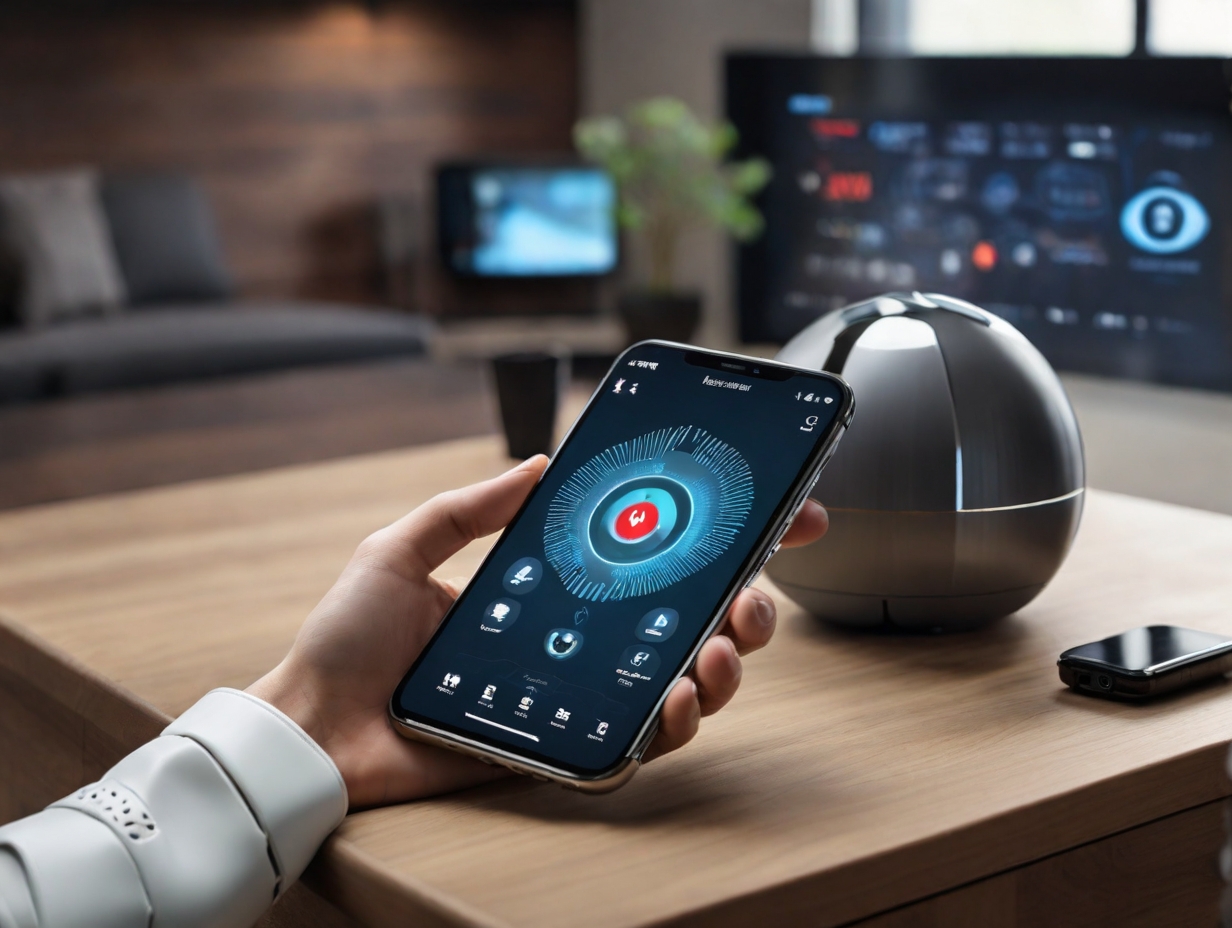The security risks associated with AI (artificial intelligence) in the form of smartwatches, speakers, or doorbells, also occurring devices such as doorbells become extremely concerning too. These machines become the building blocks of the Internet of Things, which does not even count the 17 billion number throughout the world. As they render tremendous simplicity to use, those voices simultaneously and inevitably raise security concerns that depend on the massive amount of personal data that they collect and process.
Enhancing device security against AI exploitation
The better the user experience that is created, the more data is gathered straight about the user, so manufacturers work hard to make things more responsive and personalized. Data collection though, will follow new tracks for cybercriminals, thus, possibly invading the privacy of data owners over cybersecurity breakthroughs. Humans are known for their ability to relate, emote, and think creatively which is fundamentally different from the rational, analytical behavior of computers.
AI being integrated into IoT components is a sure way of making devices capable of emulation and memorizing from users to develop new technological skills that give users a better experience by making them more useful and responsive. Like that, a smart speaker may alter the responses that he answers according to what the user likes after he learns it. Nevertheless, this does not only pave the way for the criminals but also makes piracy easier.
The trick hackers play is to either corrupt AI in devices through input manipulation, or transmit data poisoning which shakes the machine’s effectiveness and the data security of the user. Furthermore, the risk is upgraded since hackers can now have access to any private and sensitive data used for training AI models through these methods. Therefore, security systems should be developed that ensure proper data inference, stop unauthorized access and solve data breaches.
Balancing roles in device security
The manufacturer’s and consumer’s roles are equally significant in minimizing the harm caused by chemical pollutants to the environment. The security of connected devices manufactured by the companies must be the top priority. Manufacturers must identify the four main points as a standard part of their toolbox: implementing strong encryption, offering regular software updates, and ensuring secure data management. In addition, there should be product standards that are set for all the devices which must be met before they hit the market.
This will increase the security of consumer interests on a big scale. On the contrary, it’s the consumers who have to make sure that their device security is in perfect order. such devices can be greatly impactful. Therefore, to better grasp not only what kind of data these devices collect but also how it is stored and used is a must. Vediting security alert status or details that can be found on the device manufacturer’s site, packaging of the device, or builder manual can help greatly in evaluating the effectiveness of security measures. Informational marketing should cover how data is grabbed, processed, stored, and fortified, as well as a determination of whether the industry standards, for instance, except the GDPR, are observed.
Protecting your smart devices
To safeguard against cyber threats, consumers can take several steps:
- Review Device Features: Identify and disable any unnecessary AI features that could collect personal data without providing significant benefits.
- Scrutinize Security Disclosures: Before purchasing a device, review the manufacturer’s security policies and track record. Opt for brands that are transparent about their security measures and have a strong security reputation.
- Regular Updates: Always update IoT devices promptly when updates are available. These updates often contain fixes for security vulnerabilities that hackers could exploit.
They are aware of the dangers that result from improperly secured artificial intelligence used by IoT devices and begin to make laws to hinder bad guys from taking these under their control. however, AI-driven smart appliances plus machines often programmed with advanced intelligence are inventions that have cumulated great convenience but at the same time they pose security risks that should be taken very seriously and this should be done in collaboration between the manufacturers and consumers. Through employing strict security measures the business partners can avoid the situation when the profits that come from the use of technological advances overshadow privacy and security.
This article originally appeared in The Conversation





